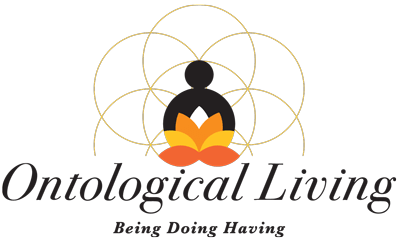Cotton’s Gentle Revolution: Reinvigorating the Concept of Purchasing Power
Effective consumer action begins with understanding not only what you’re buying, but also what you’re buying into.
When you choose to purchase pesticide and herbicide free, non-GMO seeded cotton, you promote environmental and social justice, and you contribute to a revolution that has lasting, transformational impact.
This is a “gentle” revolution because it is driven by a simple commitment to making educated and ethically informed purchasing choices. This sort of paradigm shift is not accomplished through hysteria, shaming, and philosophical banter, but rather, through everyday action—like the simple action of purchasing organic clothing and organic, environmental-friendly household goods.
For such a revolution to take hold you need to know, with utmost clarity, why change is demanded in your purchasing choices, and what sort of world your purchases create.
“Chemical cotton”—which makes up 99% of cotton grown worldwide—uses up to 25% of the world’s pesticides, while only taking up 2.5% of worldwide cultivated land.
Why is this a problem?
According to the World Health Organization, up to 20,000 deaths each year are caused by pesticide poisoning, and up to 10,000 farmers each year die of cancers and complications probably due to pesticide contamination and the inhalation of pesticide fumes.
As if that were not bad enough, an insecticide that is poisonous to animal and wildlife—Aldicarb—is used by cotton farmers in 25 countries, including the U.S. In 16 states, Aldicarb has contaminated the groundwater—and that’s just the figure reported! In fact, stopping use of this insecticide is so critical that the EPA has set a target to phase it out by 2018.
So now that we have a clearer picture of why change is demanded, we need to ask ourselves what sort of world chemical cotton helps generate.
The world created by chemical cotton is one where farmers suffer, the soil languishes from contamination, and consumers are continually inundated with harmful GMO products. In fact, chemical cotton is one of the top 4 GMO crops grown worldwide.
But this can change by a simple shift in purchasing choices.
Sustainably-grown organic products provide us with game-changing opportunities to make a real difference through our purchasing power.
Well-informed and ethical choices inspire others to follow suit. Choice by choice, we change the narratives that coordinate our individual and collective actions—and this is real power that makes a real difference.
When patterns of consumer action reach a critical mass, market narratives and market demands shift, which in turn impacts suppliers’ practices: The market must answer to you!
We want to empower you with a concrete understanding of how purchasing Fair Trade and Organic products sustains not only the environment, but also your own flourishing, and the flourishing of the human family.
So please stay posted to this blog as we further explore the detrimental impact of chemical cotton farming, which impacts a whole bunch of areas in our lives.
We are not only enveloped in sheets of “dirty cotton” that make up our beds and cradle our children. Non-Organic cotton circulates through the food chain, and is processed into oils and cellulose (basically, plastic) used in everyday products like yoghurts and dairy products, shampoo, soap, shortening, and livestock and poultry feed.
A move to organic cotton can change this, and ignite a gentle revolution through the empowering choices you make.
As part of our ecological commitment, Ontological Living supports a company that is dedicated to serving the world with organic cotton; SOL Organics. Click here to join the cotton revolution and use your purchasing power to enjoy organic soft sheets, natural aromatic candles, and more.
Use our Ontological Living Discount code: bt20
© 2016, Kevin Perry








